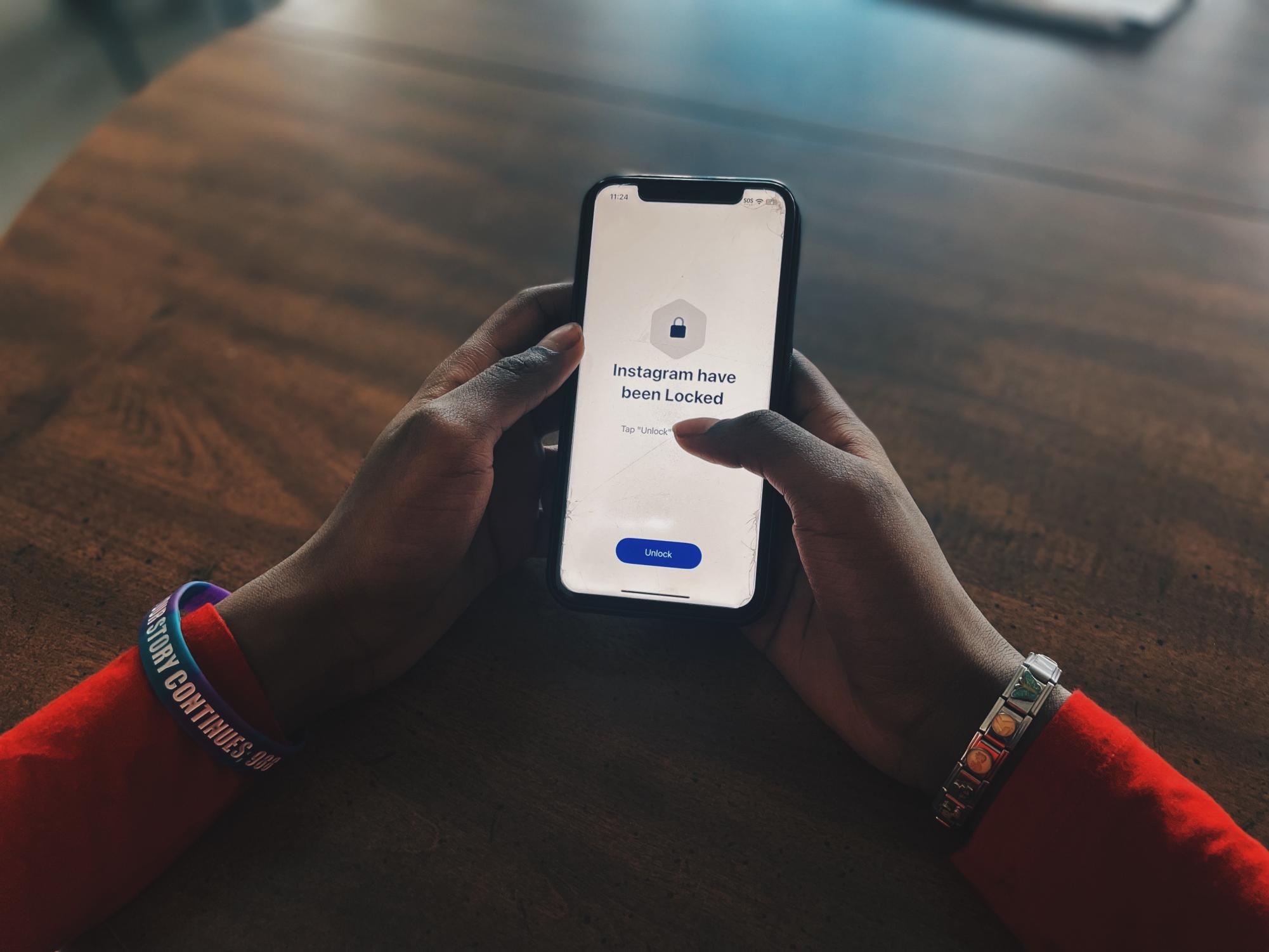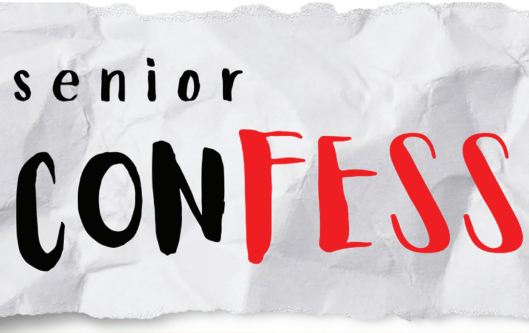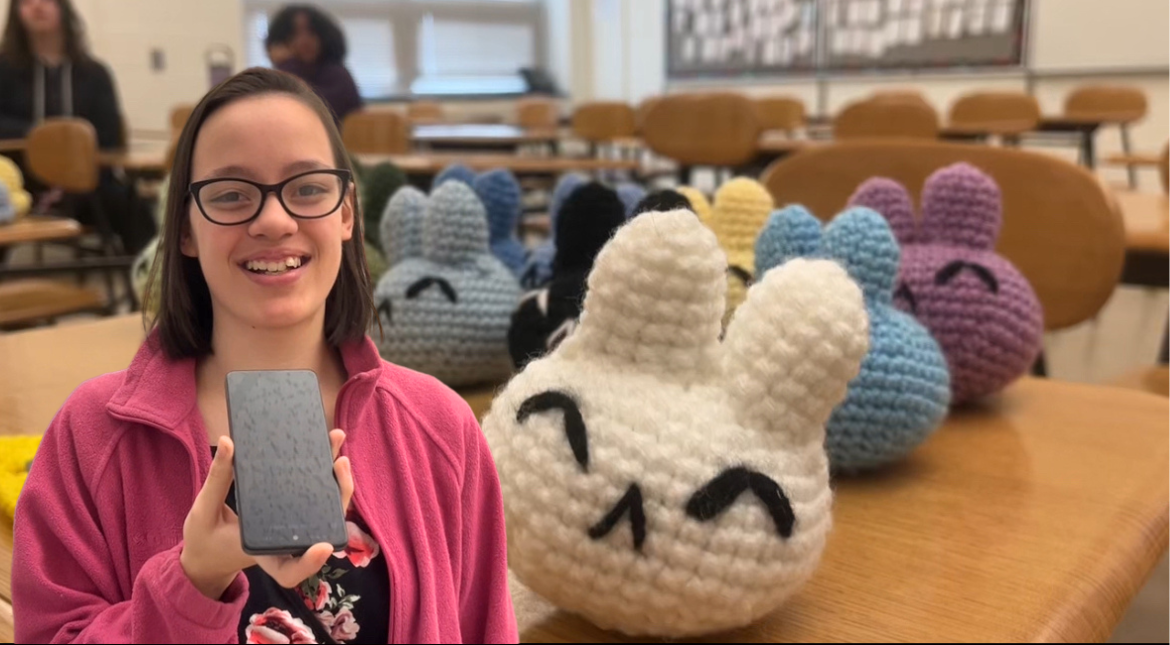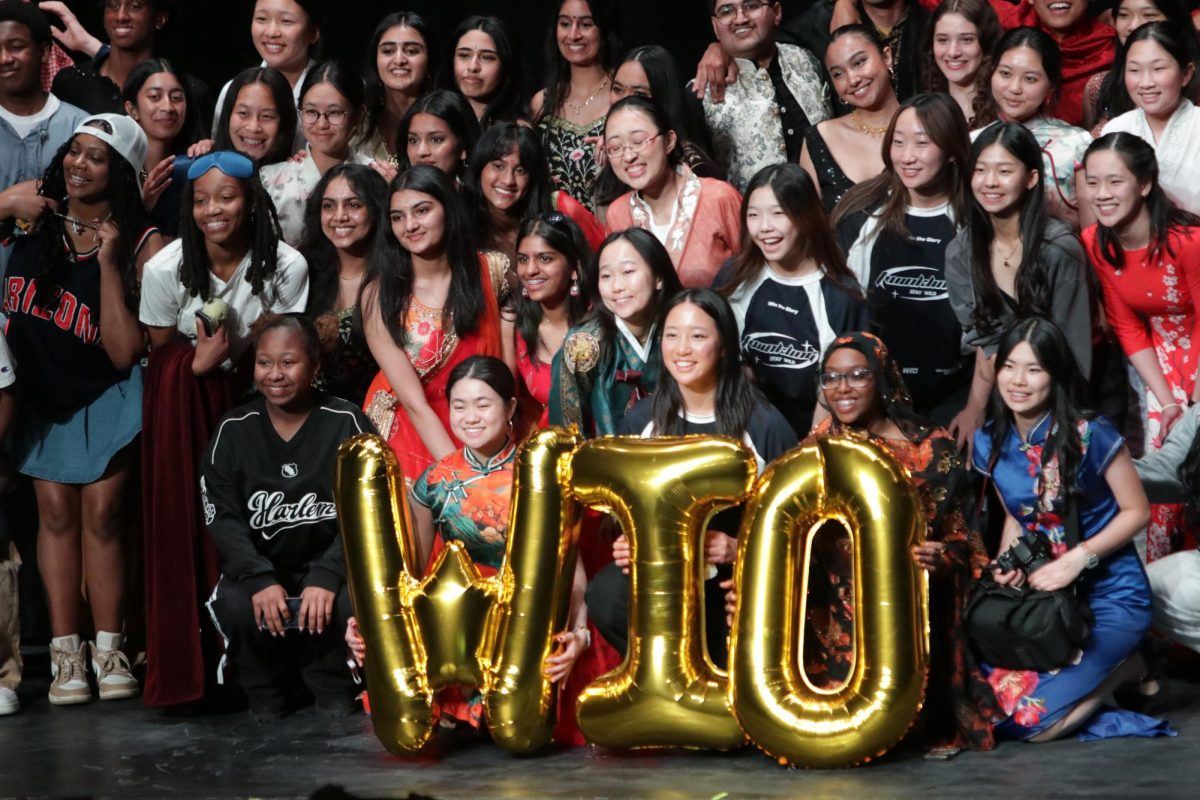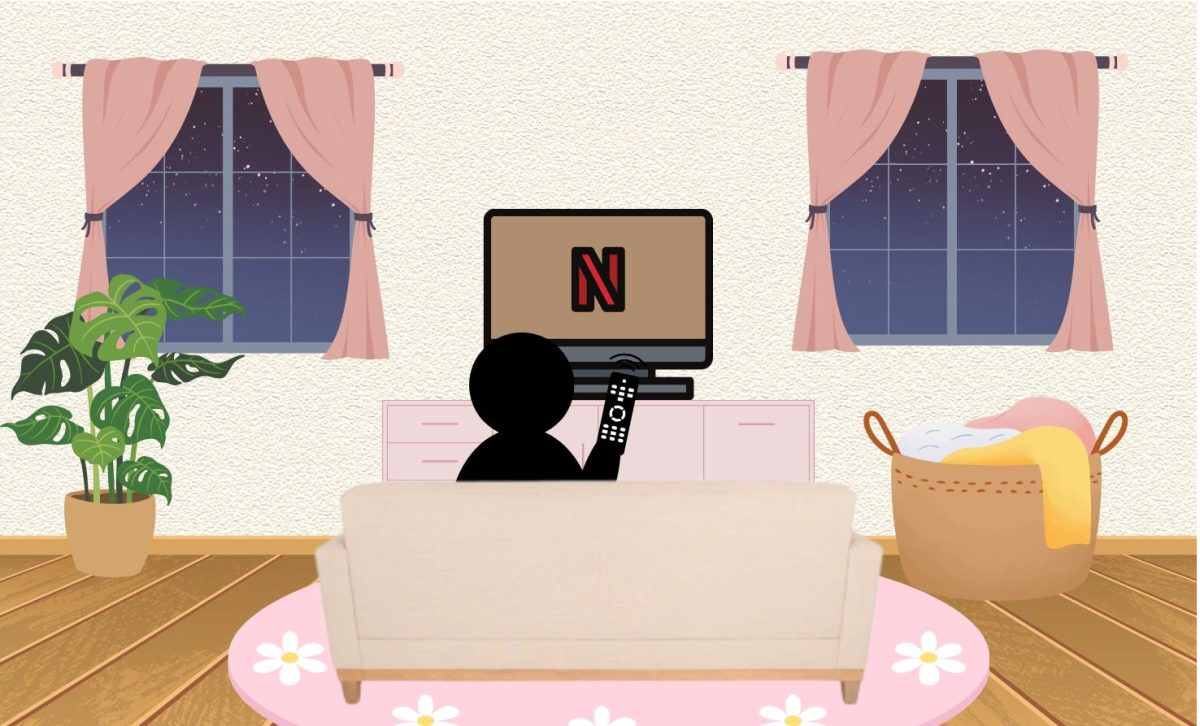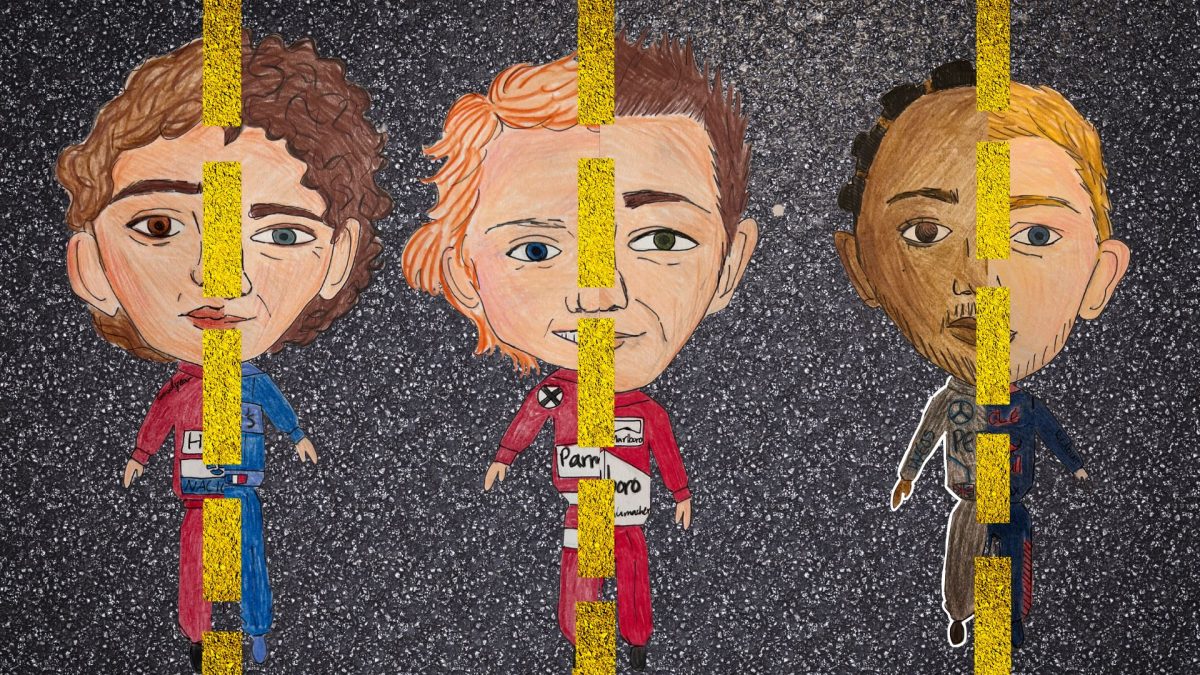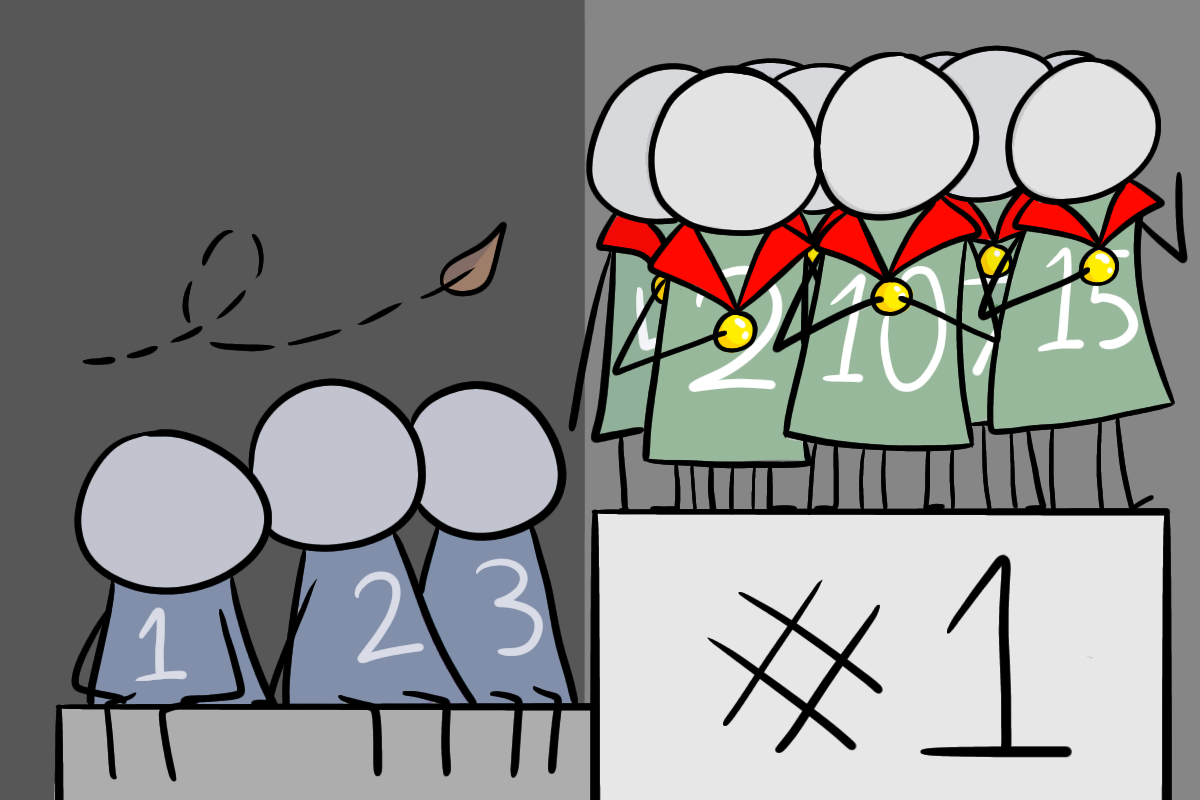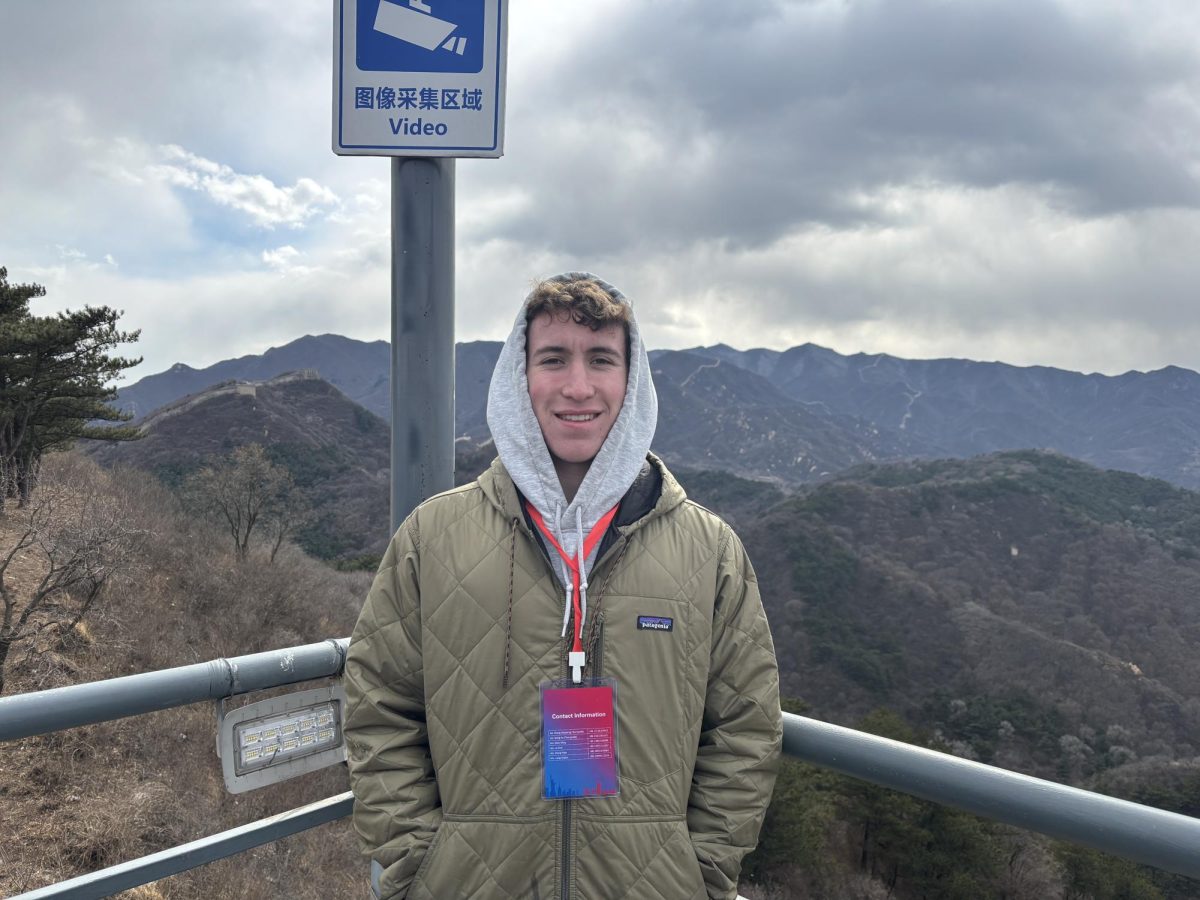With the new phone policy being introduced in the district, I decided to take it upon myself and go a whole week without my phone to see how well a teenager could handle limited screen time.
My phone reports that I use it for an average of three hours and 17 minutes per day. According to My Kids Vision, the average American teen spends eight hours and 39 minutes on their phone daily. Based on this, it might seem like disconnecting would be easier for me since my usage is lower. However, those three hours are often spent endlessly scrolling through TikTok and Reels, which are incredibly addictive, making this challenge tougher than it sounds.
As a quick disclaimer, before I break down how my week went, I did use my phone to communicate with my parents. Additionally, as an editor, I had to stay in touch with my journalism peers for various work-related reasons.
The week
The first day was harder than I imagined. As soon as I woke up, I instinctively reached for my phone, tempted to open every TikTok and Instagram notification. However, I reminded myself that this was just the beginning, and I needed to start strong. To avoid the temptation, I turned off my notifications for the remainder of the week.
During school, it wasn’t difficult to stay off my phone since there was already a policy prohibiting phone use. However, when I got home and sat down for dinner, I nearly grabbed my phone out of habit, forgetting that I wasn’t supposed to use it.
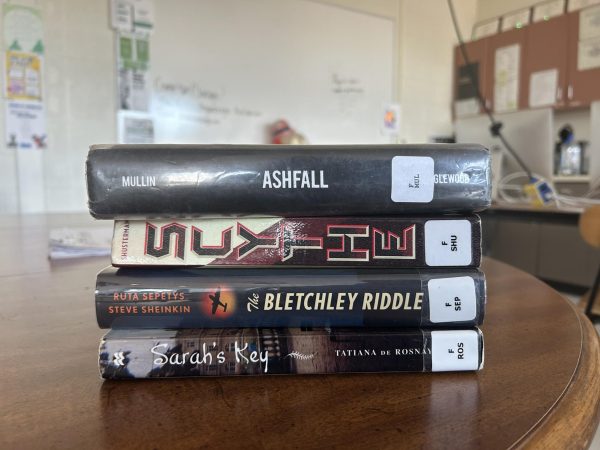
The next day presented less of a challenge. When I woke up, my phone was dead, so there was no temptation to scroll through social media. When I got back from school, I headed to the library and picked up “It Ends with Us.” For some reason, I started this book in eighth grade but never finished it, so this was the perfect opportunity to do so.
By Wednesday, I no longer felt dependent on my phone and even left it at home. For the rest of the week, I didn’t struggle with reaching for my phone to distract myself. This allowed me to be productive and catch up on all my work. However, when it came to doing homework, I couldn’t listen to music on my phone, so I resorted to using my Chromebook and headphones instead.
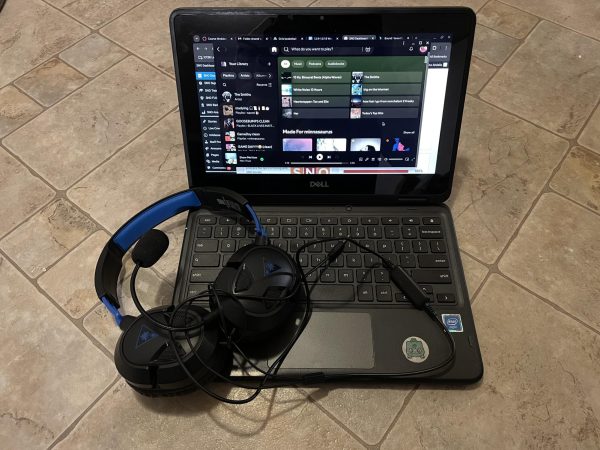
The end
Reflecting on the week, I realize this challenge was more of a reward than a struggle. I had so much free time because I was productive, allowing me to clean my room, get more sleep and even make friendship bracelets.
After this experience, I hope I won’t return to my habit of endless scrolling on TikTok and Instagram Reels. To reinforce this, I’ve decided to download a lockdown app that limits screen time on social media. Some of my peers agree that, while challenging at first, this experience could benefit everyone.

